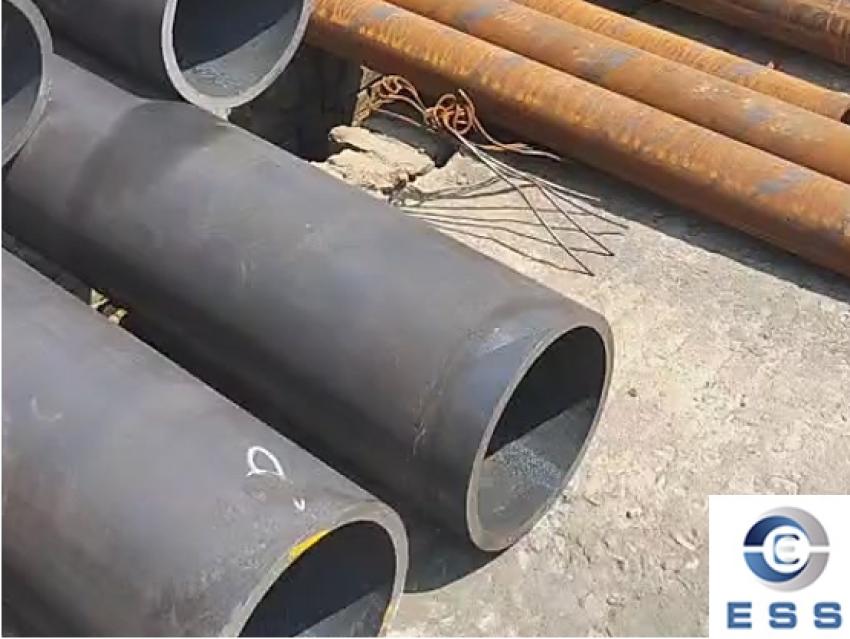
The absolute roughness of carbon steel pipe is a key technical indicator that affects the efficiency and energy consumption of pipeline fluid flow. In industrial applications, understanding and controlling the roughness of carbon steel pipe is essential for optimizing fluid transmission systems. Absolute roughness usually refers to the unevenness of the inner wall surface of the pipe, which directly affects the friction resistance and pressure loss of the fluid in the pipe.
What is the absolute roughness of carbon steel pipe?
The absolute roughness of carbon steel pipe is usually between 0.0015 and 0.006 inches (0.0381 to 0.1524 mm), which is based on industrial standards and common measurements in practical applications. The specific value may vary depending on factors such as production process, pipe quality and use environment.
How to measure and evaluate the roughness of carbon steel pipe?
The absolute roughness of carbon steel pipe can be quantified by professional measuring equipment. These devices can accurately evaluate the microstructure of the inner wall of the pipe to obtain a specific roughness value. In industrial practice, this indicator is of great significance for predicting the flow characteristics of fluids in pipelines and calculating parameters such as pressure drop.
What are the factors affecting the roughness of carbon steel pipes?
The roughness of carbon steel pipes is affected by many factors, including production process, material quality, and subsequent processing. For example, different production processes will lead to different roughness of the inner wall of the pipe. In addition, impurities, pores and other defects in the material will also increase the roughness. Therefore, when selecting carbon steel pipes, the influence of its production process and material quality on the roughness should be fully considered.
What is the influence of the absolute roughness of carbon steel pipes on the viscosity of pipeline fluids?
The viscosity of pipeline fluids is one of the important parameters affecting the flow of pipeline fluids. The greater the viscosity, the greater the friction resistance of pipeline fluids in the pipe, and the slower the flow. Therefore, when the viscosity of pipeline fluids is large, the absolute roughness of carbon steel pipes has a more obvious effect on the flow of pipeline fluids.
How to correctly select the absolute roughness of carbon steel pipes?
In practical applications, it is crucial to correctly select the absolute roughness of carbon steel pipes. Generally speaking, the absolute roughness of carbon steel pipes should be determined based on the specific pipeline fluid properties, working flow, working temperature and pressure.
Summary
In summary, the absolute roughness of carbon steel pipes is an important technical parameter that is related to the performance and efficiency of fluid transmission systems. By understanding and controlling the roughness of carbon steel pipes, we can optimize the fluid transmission process, reduce energy consumption, and improve the sustainability of industrial applications.



